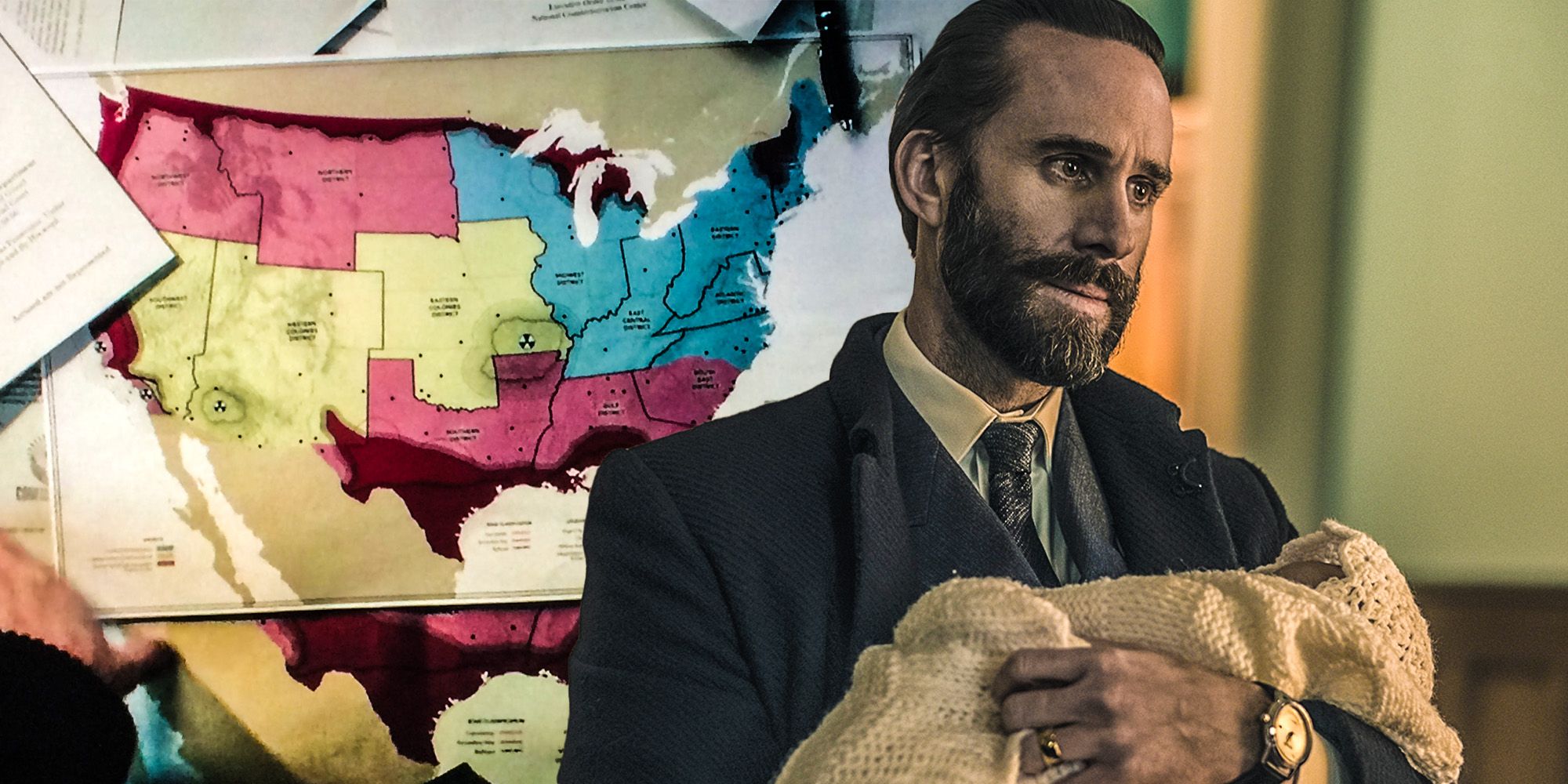
On The Handmaid's Tale season 4 finale, Commander Fred Waterford's death occurred in a place Nick Blaine called "No Man's Land," but where is No Man's Land, and do any laws govern it? Season 4 chronicled June Osborne's journey from a Gilead Handmaid and leader of the resistance movement to a Canadian refuge determined to exact vengeance against the man who raped and tormented her. The location of Fred's demise also serves as a metaphor for the emotional and mental state of the main character and the uncertain futures of the central characters who inhabit Margaret Atwood's dystopian world.
After Fred decided to betray Gilead in exchange for his freedom, June brokered a deal between Commander Joseph Lawrence and Mark Tuello that nullified Fred's immunity, and he was returned to Gilead during episode 10, "The Wilderness." At the Gilead-Canada border, Fred was handed over to Nick Blaine and the Eyes and transported to No Man's Land, where June and a group of former Handmaids killed Commander Waterford.
No Man's Land refers to an indeterminate or unoccupied state or place (e.g., the Korean Demilitarized Zone) that is sometimes considered uninhabitable. In military terms, it exists between two armies. During World War I, No Man's Land was used to describe the distance between the trenches of Allied soldiers and enemy troops. The Handmaid's Tale has established Hawaii and Alaska are all that's left of Free America following the Second American Civil War. However, there are still disputed areas (such as Chicago) scattered throughout the 48 contingent states: these pockets of America aren't under Gilead's control and include the Gulf Coast, the West Coast, and an area along the Canadian border. No Man's Land is apparently a place where neither Canada nor Gilead maintains a presence, exerts authority, or takes ownership over land that stretches anywhere from a few hundred yards to miles. Showrunner Bruce Miller told Variety, " ... in terms of how porous the border is and how easy it is for people to communicate and actually move back and forth if you’re a man and if you’re a military person, those things are all true. It’s a lot more permeable, it’s a lot more of a no man’s land."

Some fans question if June will get arrested for killing Fred, and Miller told THR, "For June, it could push her to infamy, or it could push her to prison. She’s a refugee who did this but, on the other hand, who is going to know? Who was there, and who is going to tell them?" June's biggest threat could be Serena, who will learn June sent her Fred's finger and won't handle June's provocative gesture well.
No Man's Land is also significant because it reflects June's mental and emotional state. She can't let go of Gilead because of what the totalitarian regime did to her daughter and the atrocities she suffered for seven years as a Handmaid. She's also unable to adapt to life as a free woman in Canada, shrouding her future in ambiguity. Fred was also in unchartered territory, cast out by both countries, and banished to a place where a group of women was in control: a stark contrast to the patriarchal theocracy he helped construct. The stretch of wilderness and the events that occurred there indicate all of the central characters will exist in some state of uncertainty in The Handmaid's Tale season 5.
from ScreenRant - Feed https://ift.tt/3A1G7is

No comments: